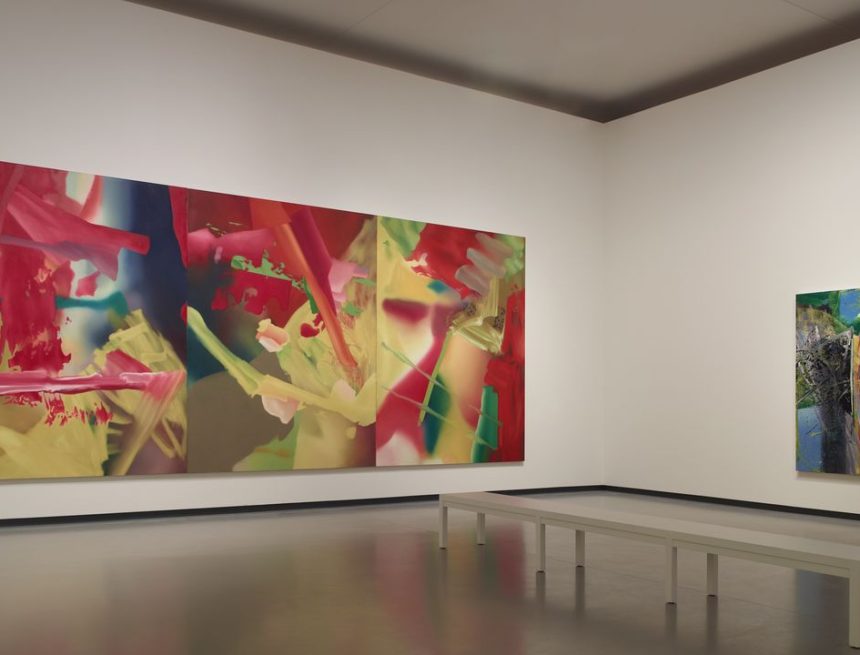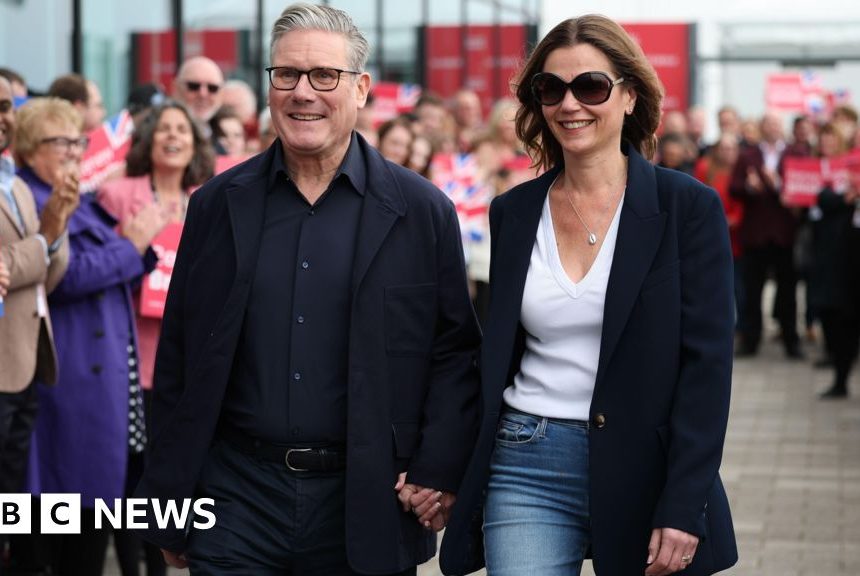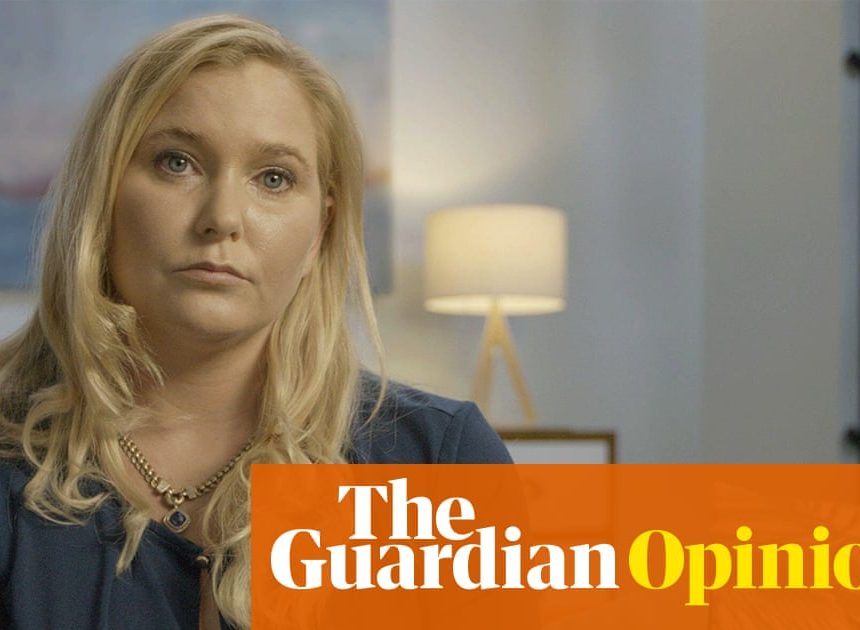On Thursday morning, I didn’t wake up to the sound of explosions, but to my brother shouting: “It’s over! It’s over!” For a moment, I thought I was dreaming. I wondered: what is happening? Has another loved one been targeted? What is over? Then he told me that Donald Trump had said it. “I am very proud to announce that Israel and Hamas have both signed off on the first Phase of our Peace Plan,” the president wrote on his social media. For the first day in a long time, people in Gaza woke up to news that could be called happy. The ceasefire went into effect at noon. The sound of Israeli warplanes still echoed in the sky, but, for once, they didn’t feel frightening.
The first phase of the agreement only includes the exchange of prisoners. That means 20 Israeli hostages in Gaza thought to be alive and up to 1,950 Palestinians from Gaza. Israel has arrested hundreds of us over the past two years without reason. Among them are a relative of mine, detained after Israel’s bombing of the Tel al-Sultan displacement camp earlier this year, and Dr Hossam Abu Safieh, taken from his workplace while performing humanitarian duties in Kamal Adwan hospital.
But fears remain: is the genocide really over?
I went out into the streets to see friends and neighbours and exchange political observations. People seem to be trying to make the most of this first phase, as there is no guarantee that it will last. Families await the fresh arrival of gas, flour and sugar, not just to consume but to stockpile, fearing a new siege or sudden price hikes if the truce collapses. My friend Ahmed shook his head: “After the prisoners are handed over, Israel will find a thousand ways to torture us.” Meanwhile, my friend Khader laughed jokingly: “I don’t care about anything; I just want to eat chicken and get gas into the house.”
For most Palestinians in Gaza, the ceasefire means no more than these small details: hot meals, cooking gas, and a break from the smoke of firewood that causes headaches and eye irritation. These simple hopes reflect a longing for normal life; for education, food and a peaceful night’s sleep.
Others felt nothing. They said it was too early to judge the truce, and that their lives had been destroyed to the point where little could be saved. People are haunted by the faces of loved ones buried under rubble and the thought of spending winter in threadbare tents. Most people here now live in tents and wonder if Israel will repeat what it did during the previous truce by refusing to bring in rubble-removal equipment or temporary housing units. The Israeli army still controls about 55% of Gaza, preventing people in border areas from returning to their homes – or what remains of them.
Although people are happy that the bloodshed has stopped, the catastrophe is not over; they remain displaced, refugees in their own homeland. Entire cities like Rafah and Beit Hanoun are still under direct occupation and they may have to wait for the second or third phase of the agreement for the army to withdraw.
While those in Gaza cling to these fragile hopes, politics on the other side of the border threatens to erase them. Israel’s prime minister, Benjamin Netanyahu, will continue to face intense pressure from his far-right coalition partners, who view any truce as a betrayal. Figures like Bezalel Smotrich and Itamar Ben-Gvir have warned in the past they would topple his government if he agrees to what they call “surrender”. Netanyahu’s political survival depends on these extremists and his power depends on the continuation of the conflict, given the legal troubles that could send him to prison once out of office.
after newsletter promotion
Caught between international pressure for peace and domestic pressure to continue fighting, Netanyahu seems to be walking a tightrope. Washington and Arab and Islamic capitals are pressing to maintain the truce, and European countries have started hinting at economic sanctions in recent months; but inside Israel, the far right demands what it calls “total victory” – a phrase that, for Palestinians in Gaza, means the expulsion and ethnic cleansing of Gaza’s population.
This deal may be a gateway to ending the genocide, or a corridor to continuing it in an even harsher form once the world’s attention moves elsewhere. Yet it remains a relief for people in Gaza: roughly 400 trucks entering daily could revitalise the health sector with supplies, and opening the Rafah crossing on the border with Egypt in both directions could allow hospital patients, stranded students and families separated by the conflict to travel.
The war has taken so much from us, our homes, lives and loved ones, but it has not taken away our desire to live, to rebuild and to drink a morning cup of coffee without fear. As I write these lines, the sounds of celebrations rise and people are repeating the same words: “It’s over.” I wish I could believe it completely.


